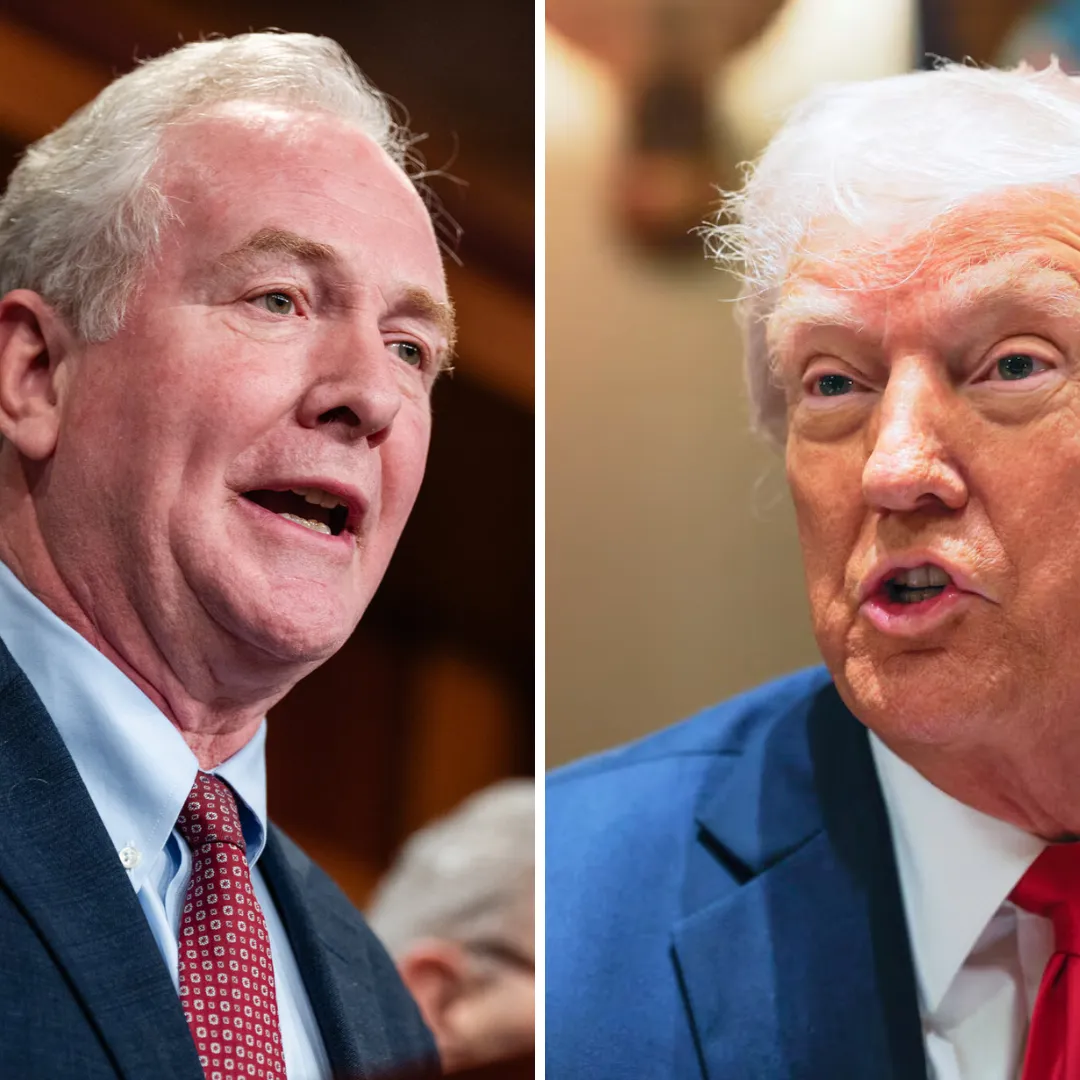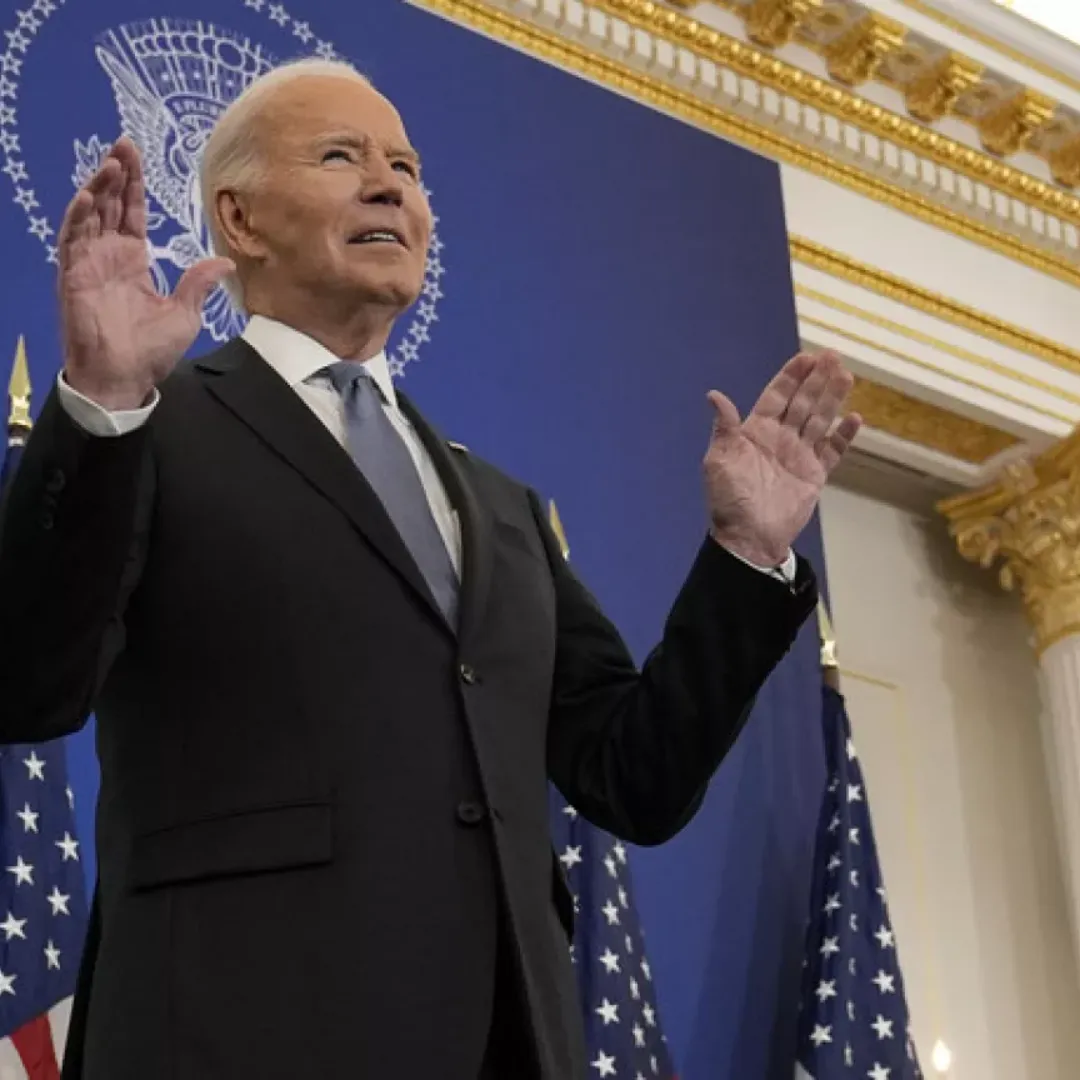
As House Republicans race to finalize a new federal spending plan under President Trump’s revived economic agenda, Representative Ryan Zinke of Montana stepped forward on Sunday to defend one of its most controversial components: tightening access to social programs.
Speaking in a blunt and unapologetic tone during an interview on NewsNation’s “The Hill Sunday,” Zinke rejected concerns that the GOP budget would threaten essential benefits for Americans.
He insisted the goal is not to dismantle the safety net, but to eliminate abuse and waste that he claims are hollowing out the system from within.
Zinke, a former Navy SEAL and Interior Secretary during Trump’s first term, made it clear that his priority is balancing the budget and reducing national debt, even if it means imposing stricter requirements on tens of millions of Americans who currently rely on Medicaid and food assistance.
“People who deserve benefits are going to get the benefits,” he said firmly. “For people that are riding the system, we gotta clamp in.”
His words echoed a rising theme in GOP rhetoric that seeks to draw a moral distinction between the so-called deserving and undeserving poor — a narrative that critics say is designed to justify deep cuts to social services.
One of the most hotly debated proposals in the GOP plan is the introduction of work requirements for Medicaid recipients — a move that could affect portions of the 80 million Americans currently covered by the program.
Republicans argue that work requirements will incentivize employment and reduce dependence, but healthcare advocates warn that millions could lose coverage due to bureaucratic hurdles or loss of eligibility.

Zinke dismissed those concerns, suggesting that Americans have become too accustomed to what he called “free money.”
“You can’t have free money because there’s no incentive to save, you know?” he said. “Hey, as long as the music plays, don’t worry about it. But you know what? You should worry about it, because it’s our children’s future.”
With that, Zinke painted the GOP’s fiscal strategy as a generational obligation — one that demands short-term sacrifice to avoid long-term collapse.
He argued that states should absorb more responsibility for administering programs like the Supplemental Nutrition Assistance Program (SNAP), effectively offloading some of the federal burden and shifting the financial weight to state budgets.
In Zinke’s vision, the path to national solvency requires not just spending cuts but policy courage. He urged lawmakers to “be courageous and find the savings” — a phrase that underlines the political risk many Republicans are taking as they push forward a budget plan that could restrict access to essential services while protecting the Trump-era tax cuts that disproportionately benefited the wealthy.
Zinke was unapologetic in defending the 2017 tax legislation that added trillions to the national debt, arguing that any savings the government can find now should be used to lock in those tax provisions permanently.
“Whatever we have in savings — that will roll over, and most of us believe to the tax provision so that Americans don’t get caught with the biggest tax increase in the history of this country,” he said.

His statement suggests that the underlying objective of the GOP’s austerity measures is to make Trump’s tax cuts permanent — even if it means stripping away benefits from the most vulnerable.
The economic rationale behind this agenda, Zinke claimed, is underscored by recent developments in the financial world. He pointed to the credit rating downgrade issued by Moody’s, which cited concerns over America’s fiscal management and ballooning debt.
Zinke seized on that warning to justify the urgency of budget cuts. “The bond market doesn’t lie,” he said. For Zinke, Wall Street’s lack of confidence in the government’s fiscal discipline is a clear signal that change is needed — and fast.
What Zinke and his Republican colleagues are pushing represents a reversion to a traditional conservative playbook: shrink the government, shift financial responsibilities to states, enforce stricter eligibility rules, and prioritize tax relief for individuals and corporations.
But the stakes are higher now, given the size of the national debt, the fragility of the post-pandemic economy, and the growing cost of entitlement programs as America’s population ages.
Critics warn that pushing aggressive work requirements and budget cuts under the banner of fiscal discipline could trigger a wave of unintended consequences, from increased poverty to overloaded state systems.
Zinke, however, remains unmoved. He frames the GOP plan as a sober response to decades of mismanagement. His message is simple but provocative: benefits are not guaranteed unless they are earned, and no system can survive if it rewards dependence more than productivity.
It’s a line of thinking that resonates deeply with Trump’s political base and echoes his administration’s broader approach to economic policy.

As negotiations continue behind closed doors, the outcome of the GOP’s spending proposal could have sweeping consequences not just for government programs, but for the very philosophy of American governance.
Is the purpose of government to guarantee support, or to incentivize self-reliance? Zinke and his allies have chosen their answer — and now they’re daring the rest of the country to follow.



